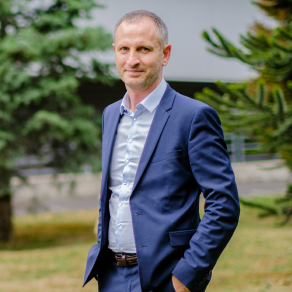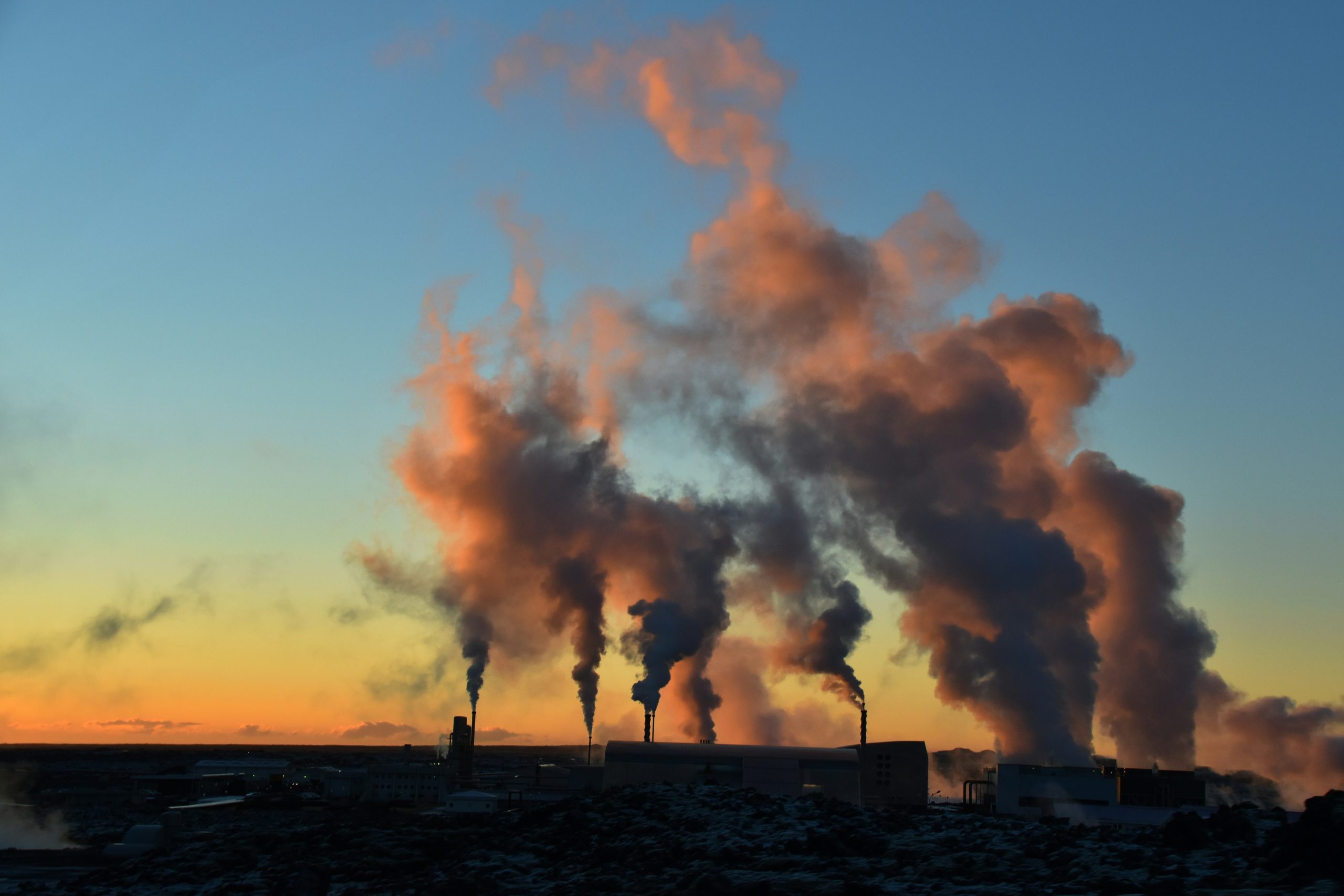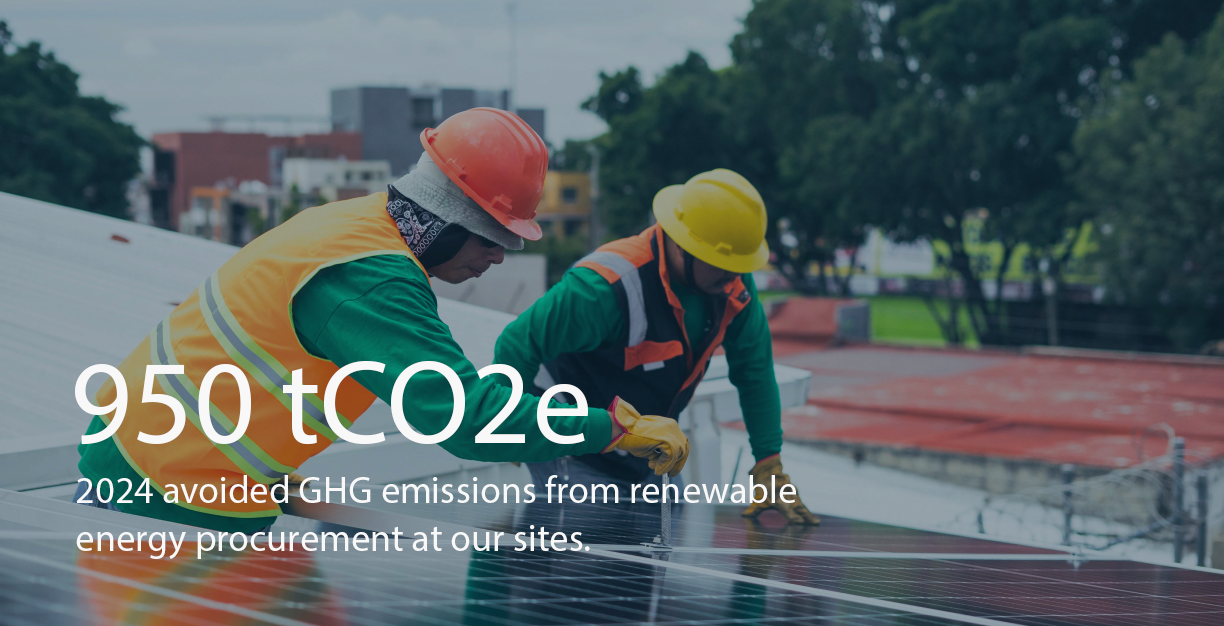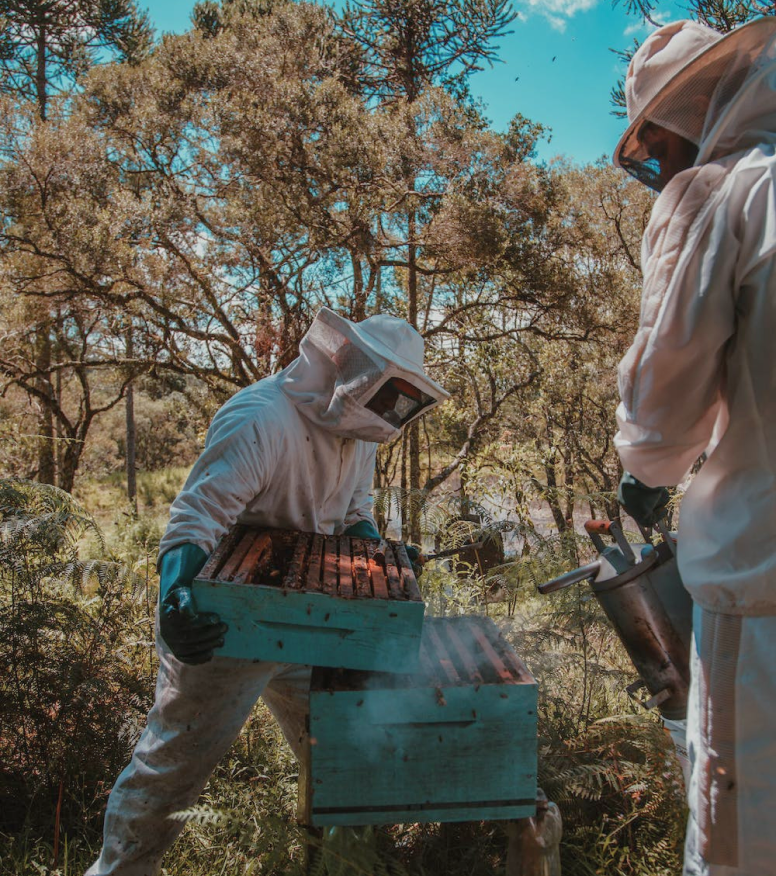Acting for planet is acting for health
Septodont has made environmental protection a strategic priority integrated across its entire value chain. Our global, long-term approach pulls together all our stakeholders to reduce our ecological footprint around 3 main priorities:
- Low-carbon transition
- Water resources protection
- Preserving biodiversity.

“ Septodont has made environmental protection a strategic priority. Our goals of decarbonizing our activities, protecting water resources and preserving biodiversity influence all of our activities and must be addressed across our entire value chain. We need everyone pulling together to meet these ecological challenges. ”
FOCUS 1
Accelerating our low carbon transition
Mindful of the global need to rapidly cut GHG emissions in line with the Paris Agreement, Septodont has committed to reduce its Scope 1 and 2 emissions by 50% by 2032, using 2022 as the baseline year.
In parallel, the Group is preparing a near-term company-wide emissions-reduction target with the Science Based Targets initiative (SBTi), which will include a complementary target for Scope 3, currently under development.
In 2024, we reduced our Scope 1 & 2 GHG emissions by 8.4% compared to 2022, a first step toward our long-term ambitions.
Scope 1 & 2: Limiting the impact of our direct operations
Septodont is working toward a more sustainable and resilient industrial model, supported by energy audits and increased use of renewable power.
Our two largest manufacturing sites — Saint-Maur-des-Fossés (France) and Cambridge (Canada) — represent nearly 80% of our Scope 1 & 2 emissions.
To reduce energy consumption, we are improving equipment performance, upgrading monitoring systems, and progressively shifting our energy mix from gas to renewable electricity.
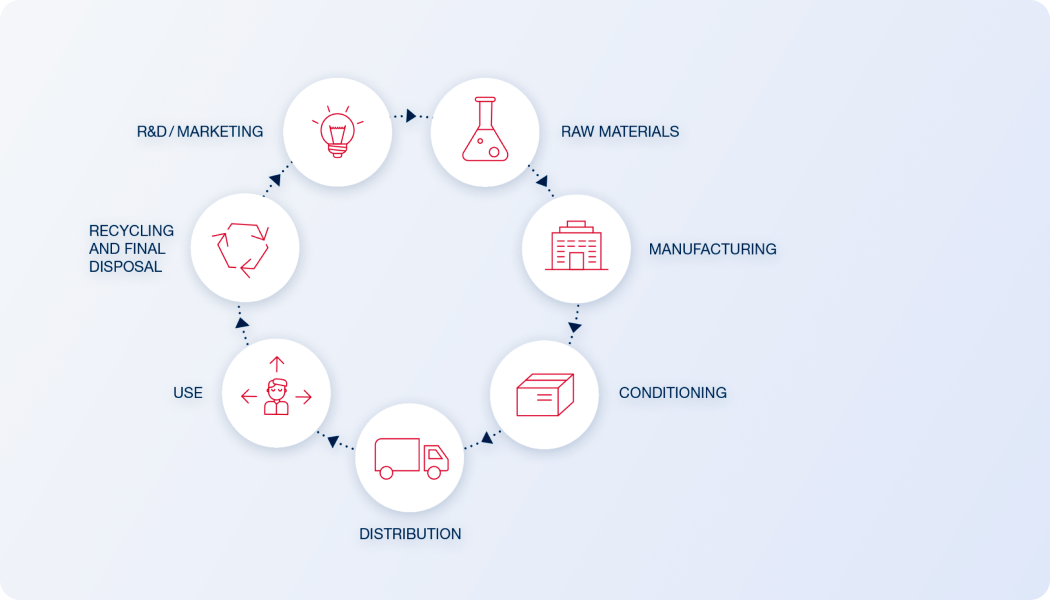
A global eco-design approach
Scope 3: Limiting our impact throughout our value chain
Scope 3 emissions represent nearly 90% of our total GHG emissions. In order to meet our ambitious low-carbon goals, it is therefore essential to integrate our decarbonization activities throughout the entire value chain.
As part of the ACT Step-by-Step® approach, we are developing business line ownership and tailor-made action plans to reduce key emissions drivers like raw material purchase, packaging, logistics, business travel and waste.
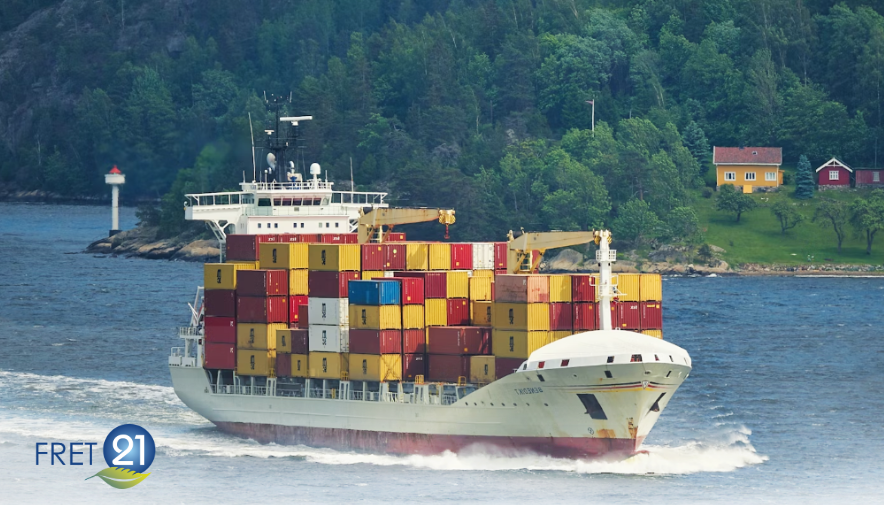
Low-carbon supply chain
Septodont is advancing the decarbonization of its logistics. Through our participation in the FRET21 initiative in France, we are acting on key levers such as order consolidation, limiting air transport, and selecting responsible carriers. This approach will be progressively extended to other subsidiaries. Our objective is to reduce transport-related GHG emissions from France by 16% between 2023 and 2026.
Protecting water
Water is both a vital natural resource and an essential component of our injectable products, making its responsible management a strategic priority.
As global water stress intensifies, we are committed to reducing our consumption of this essential resource, even as production grows. Our goal is to achieve a 15% reduction in water use by 2030 (vs. 2022).
To support this ambition, external audits were carried out in 2022 and 2023 at our two largest industrial sites (Saint-Maur-des-Fossés and Cambridge). Improvement actions include upgrading cooling systems to limit water loss, renewing osmosis and distillation equipment, and implementing weekly monitoring.
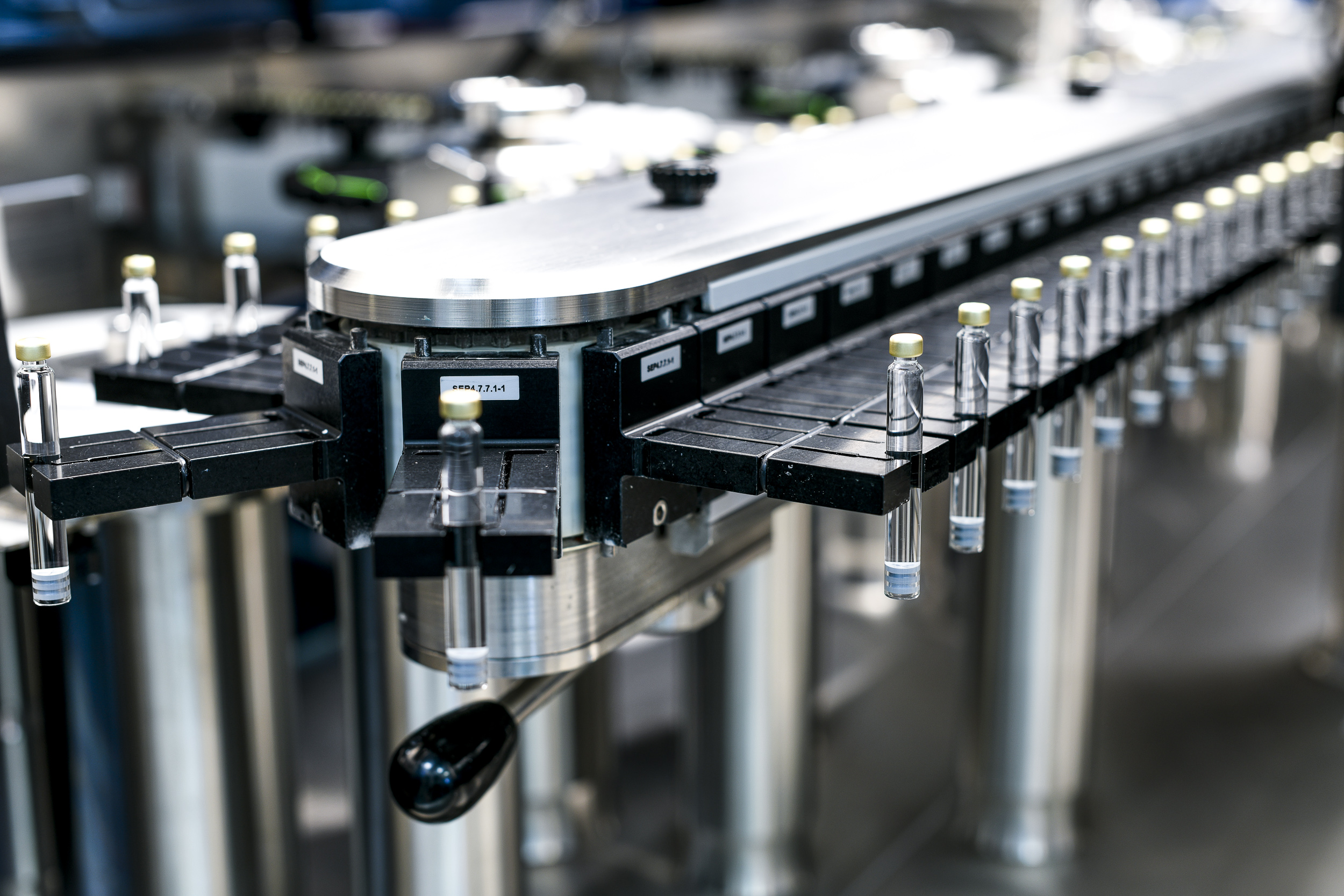
FOCUS 3
Preserving biodiversity
Biodiversity is an essential component of our complex and fragile ecological balance, and is closely linked to other environmental issues. This is why Septodont has made it a priority to restore, preserve, and protect biodiversity, both in our local operations and throughout our value chain.
At a global level, we carried out a biodiversity diagnosis in 2024 and identified our main sources of biodiversity impacts and dependencies, in line with the ENCORE methodology. We have identified five strategic workstreams (products, sites, procurement, governance and influence) and are currently developing action plans to address them.
DOCUMENTATION
Further reading
For more detailed information about our positive initiatives and the compliance rules we adhere to, please download our CSR Reports and Code of Ethics.
